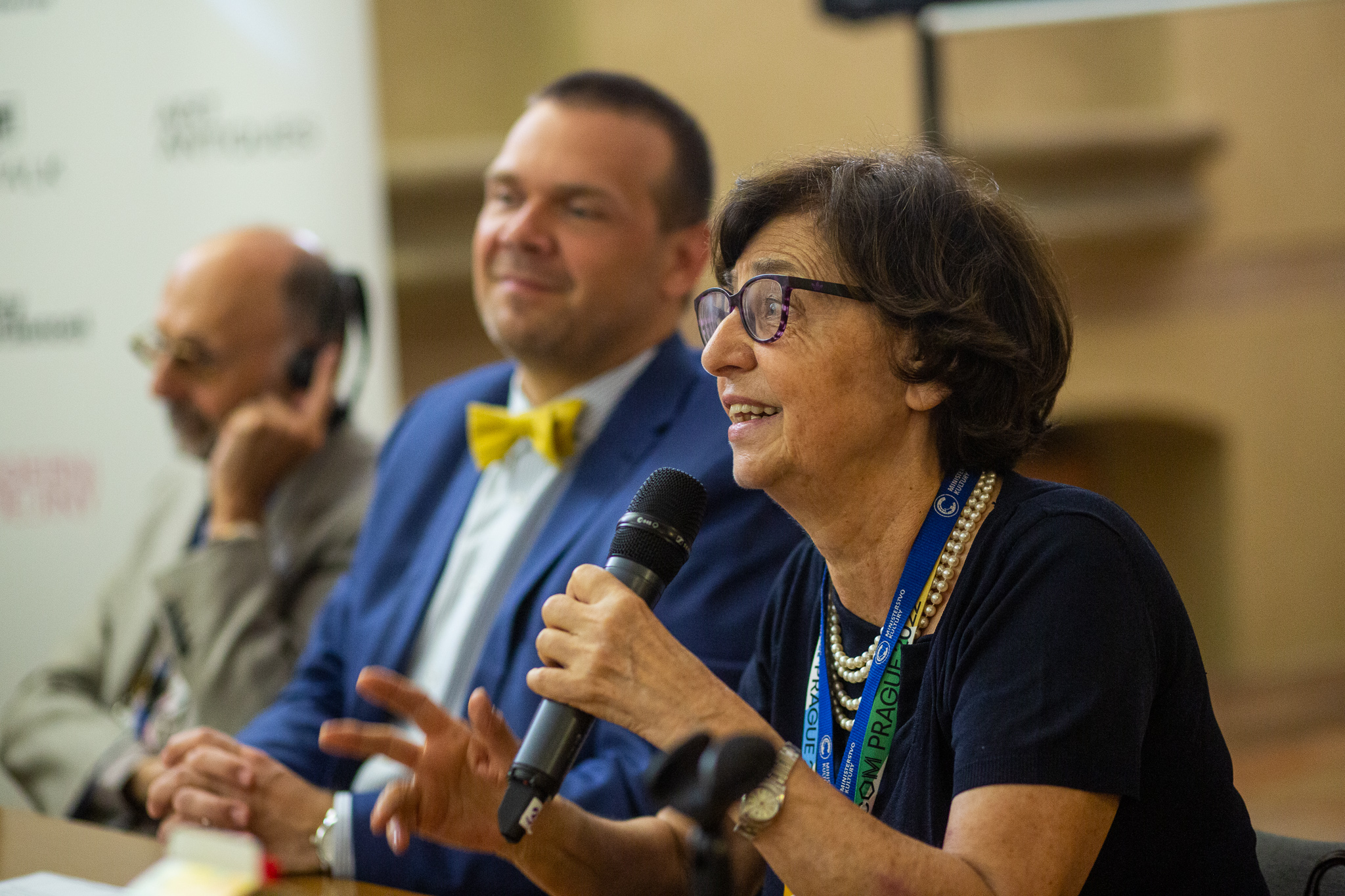News
International Committee Settles on the New Definition of “Museum”


Following a series of debates on the revised definition of “museum,” the Paris-based International Council of Museums (ICOM) finalized the new definition on August 24, during the 26th ICOM General Conference held in Prague. At the Extraordinary General Assembly, which was held for the amendments of ICOM’s Statutes, 487 members, representing 92.41 percent of the assembly, agreed on the new definition, while 23 voted against it and 17 abstained from voting. The latest version is the result of four rounds of consultations in 18 months, with opinions and comments collected from museum professionals from 126 national committees.
The new definition reads: “A museum is a not-for-profit, permanent institution in the service of society that researches, collects, conserves, interprets and exhibits tangible and intangible heritage. Open to the public, accessible and inclusive, museums foster diversity and sustainability. They operate and communicate ethically, professionally and with the participation of communities, offering varied experiences for education, enjoyment, reflection and knowledge sharing.”
Compared to its original definition, the new changes mainly acknowledge “the importance of inclusivity, community participation and sustainability” and the need for museums to “operate and communicate ethically.” ICOM’s final report of their consultation also noted a few changes to smoothen translations and highlighted the reasons for the inclusion of certain words. For example, the verb “research” was emphasized as “a function and not a purpose”; the verb “operates” was added based on the members’ requests; and at least eight comments expressed a need to “amplify the role of communities in the definition.”
During the General Conference in Prague, the organization also elected Emma Nardi, professor of Experimental Pedagogy at Roma Tre University, as ICOM’s new president for the term 2022–25. She will work with the new executive board for “the implementation and adoption of the new definition.”
ICOM’s previous definition was established in the 1970s and last amended in 2007. In 2016, due to the members’ call for an update that emphasizes the museums’ role in promoting social progress, ICOM established the Committee on Museum Definition, Prospects and Potentials, which initially received 269 suggestions on the new definition. Five were sent to the executive board and eventually one was selected and presented at the General Assembly in Kyoto in September 2019, but the proposal received a backlash from its members. The proposed definition at the time described the museums as “democratising, inclusive and polyphonic spaces for critical dialogue about the pasts and the futures,” and many were worried that it would turn the museum into a political tool.
Pamela Wong is ArtAsiaPacific’s associate editor.







